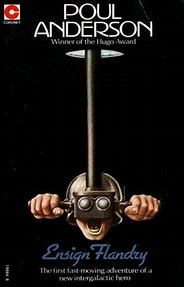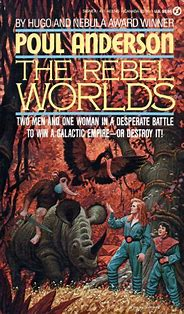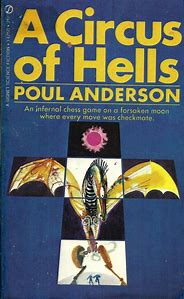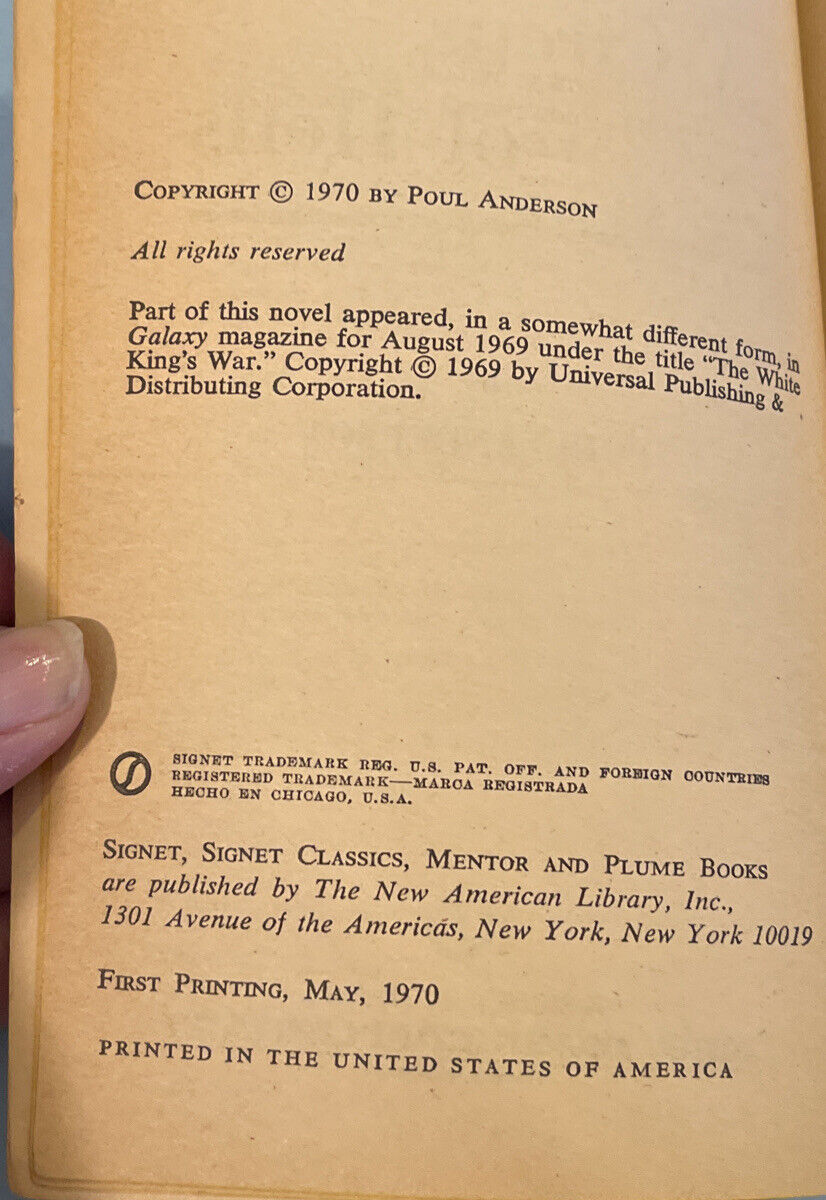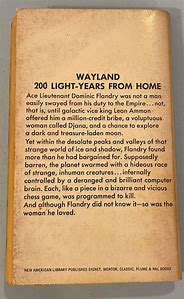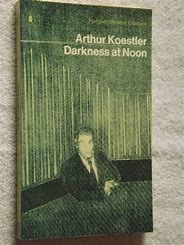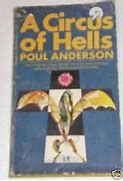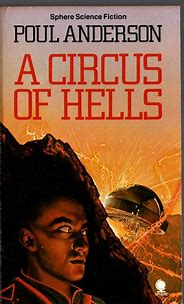The Rebel Worlds, CHAPTER TWELVE.
Savage Didonians attack Flandry's group and their native allies:
"It was hard to understand why the savages were ignoring the humans, who had inflicted all the damage on them. Was the sight so strange as not to be readily comprehensible?" (p. 480)
Of course. Among everything else that is going on around him, an attacking Didonian might notice first that some of his comrades are suffering sudden massive physical injuries and secondly that some of the bipeds that he is attacking are holding one of their forelimbs out in front of them but he cannot possibly infer a causal relationship between an outstretched forelimb over there and a sudden injury over here. He sees flying spears and arrows if those familiar weapons are being deployed but he cannot see flying energy beams, slugs or sonic stun beams. He cannot possibly know that is the aliens that are inflicting all the damage.
To understand what is happening, we have to put aside our pre-existing knowledge.



